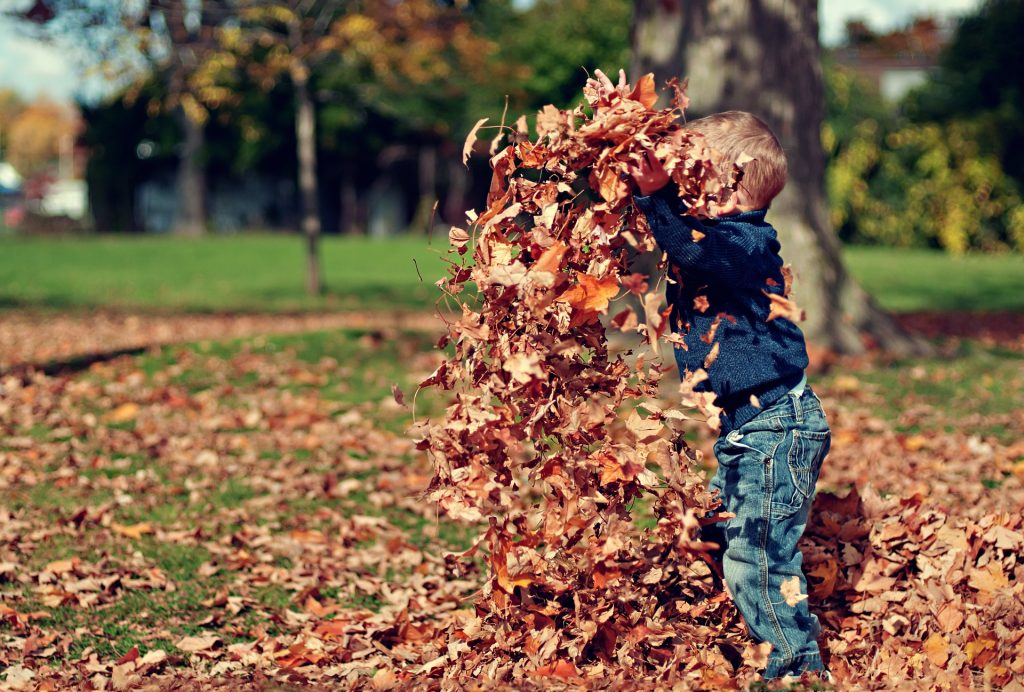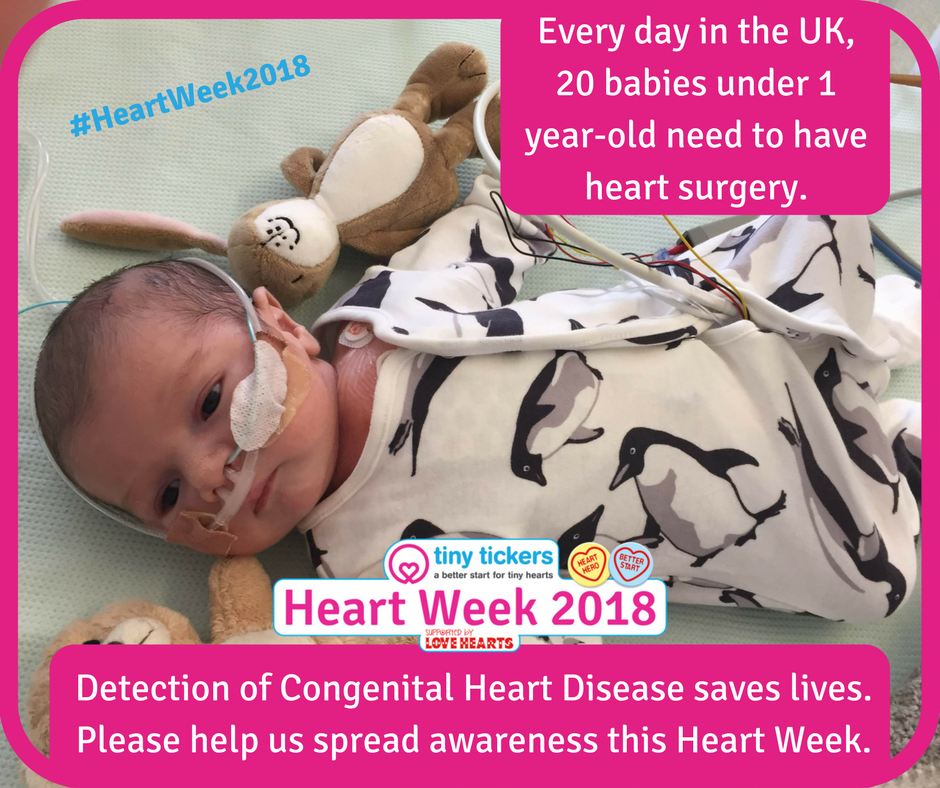I always thought I would be the one to teach my daughter about life. I’m her mum; that’s my role. But as time rumbles on, I increasingly find that she is the one teaching me.
Adults can spend years working on personal growth. We read self-books, stubbornly practise mindfulness, see therapists and embark on valiant expeditions to find ourselves.
What if we always knew the truth we seek? It seems that at some point during our turbulent transition from child to adult we managed to unlearn the life lessons we came hard wired with.
BE PRESENT
Children, unlike adults, tend to live in the moment. Adults often carry the baggage of the past or the worries of the future around so intently that we forsake the present.
One day after school, my daughter told me she had seen a friend from the year above, who we had visited a theme park with the week before.
‘Did you talk about our trip to the theme park?’ I asked her.
Her answer was so innocently perfect. ‘No’.
Why would they discuss what happened a week ago? Their conversation clearly centred on the here and now.
This short exchange spoke volumes to me. My daughter unwittingly reminded me that I need to remain present at all times. Some would call this mindfulness. My daughter would just see it as common sense.

DON’T HOLD GRUDGES
My daughter and her friends often have little tiffs over who plays the lead part in a game or who plays with a toy first. These disputes lead to tears, tantrums and, of course the threat of, ‘I’m telling!’
What always surprises me, however, is how quickly they become best of friends again. It’s as if nothing ever happened – one minute it’s tantrum city and the next they’re back to harmonious play.
The argument passes over like a short summer storm and before you know it the sun is shining again.
On the contrary, adults can hold grudges for years. Often, we don’t even talk about the reasons we feel wounded and hurt, preferring to hold it all inside. Important relationships can be damaged through lack of communication and the inability to forget.
It strikes me that children deal with disputes far more effectively – have it out, apologise, accept the apology and move on.
BE CREATIVE
Most children enjoy creative play and activities. They fill their time with their favourite creative pursuits. From drawing to writing stories, building Lego houses or baking, as soon as my daughter finishes school she engages in some kind of creativity.
As adults, we know how important it is for children to be creative and play make believe. This is how they learn important life skills.
It’s a shame that we don’t place such importance on our own self-growth. At what age did we decide to stop making time to be creative?
I realise adults, especially busy parents, don’t have nearly as much time as children to spend on hobbies and bucket-filling activities. But often we could make more of an effort to find time for our own creativity. In fact, it’s imperative to our well-being that we do so.
SHOW YOUR EMOTIONS
My daughter wears her heart on her sleeve. I can see how she’s feeling inside by just looking at her face. If she’s upset she’ll cry, if she’s angry she’ll stamp her foot and if she thinks an injustice has occurred she won’t be shy in voicing her displeasure.
As we grow older, we become expert at keeping our emotions hidden deep inside where they are destined to become toxic.
Obviously we can’t jump up and down in a tantrum when we’re angry or cry at the drop of a hat but we can communicate our feelings with others more often. Or even the simple act of writing down our feelings can be a great release when anger or disappointments take over.
Children rarely try to hide their feelings and this enables them to deal with their emotions quickly and more effectively (often with the help of an adult if needed). If only we could do the same.

TAKE PLEASURE IN SMALL THINGS
To children the world is a huge place full of wonder. My children go out and have amazing adventures in the garden while all I see is some grass, flowers and over-grown bushes.
My daughter can spend hours marvelling over a smooth pebble from the beach or a funny shaped stick she picked up in the woods. It never ceases to amaze me how much pleasure she takes from objects I normally wouldn’t pay any attention to.
If we could see the world as we did when we were children, think how exciting each day would be? There would be magic, possibilities and fun around every corner.
We see exactly the same world as our children and yet we choose to perceive it in a different way. Perhaps it’s time to strip back to basics and appreciate our surroundings, finding pleasure in even the smallest of things.
LAUGH OFTEN
During the course of the day children laugh a lot, often at seemingly ridiculous things. It doesn’t matter what they’re laughing at, children laugh because they enjoy the act of giggling and chucking. Simply put, it makes them feel good.
And with good reason. Laughter is an amazing healing force and great way to bond with others. Even if you feel like you have nothing to laugh about, research has shown that forcing yourself to smile or laugh will make you feel happier.
If adults laughed and smiled as much as kids do perhaps the world would be a better place.

ASK FOR HELP
If my daughter needs help with something, she asks. She doesn’t try and soldier on in a martyr-like fashion, hoping someone will eventually notice her distress (as I have been known to do).
Children don’t feel embarrassed about asking for help and they don’t worry about putting out the person whose assistance they seek. As adults, we tend to like being asked for help by family or friends because it makes us feel useful and trusted. But, bizarrely, we can feel awkward if we are the one making the request. It doesn’t make sense at all and children know that.
In fact, many of our adult behaviours don’t make sense. Perhaps that’s part of the reason why children have so very many questions about life.
It turns out my daughter may be the finest self-help book ever written.
Aimee Foster is a mum, freelance writer and social media manager, bookworm and sea lover. Find more of her ramblings over on her blog, New Forest Mum.














